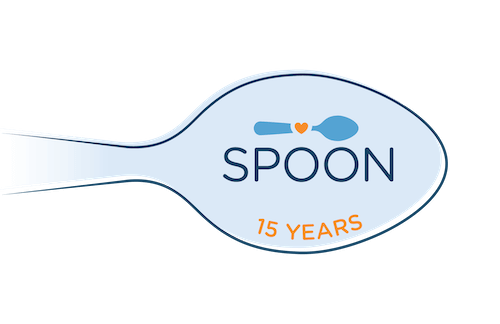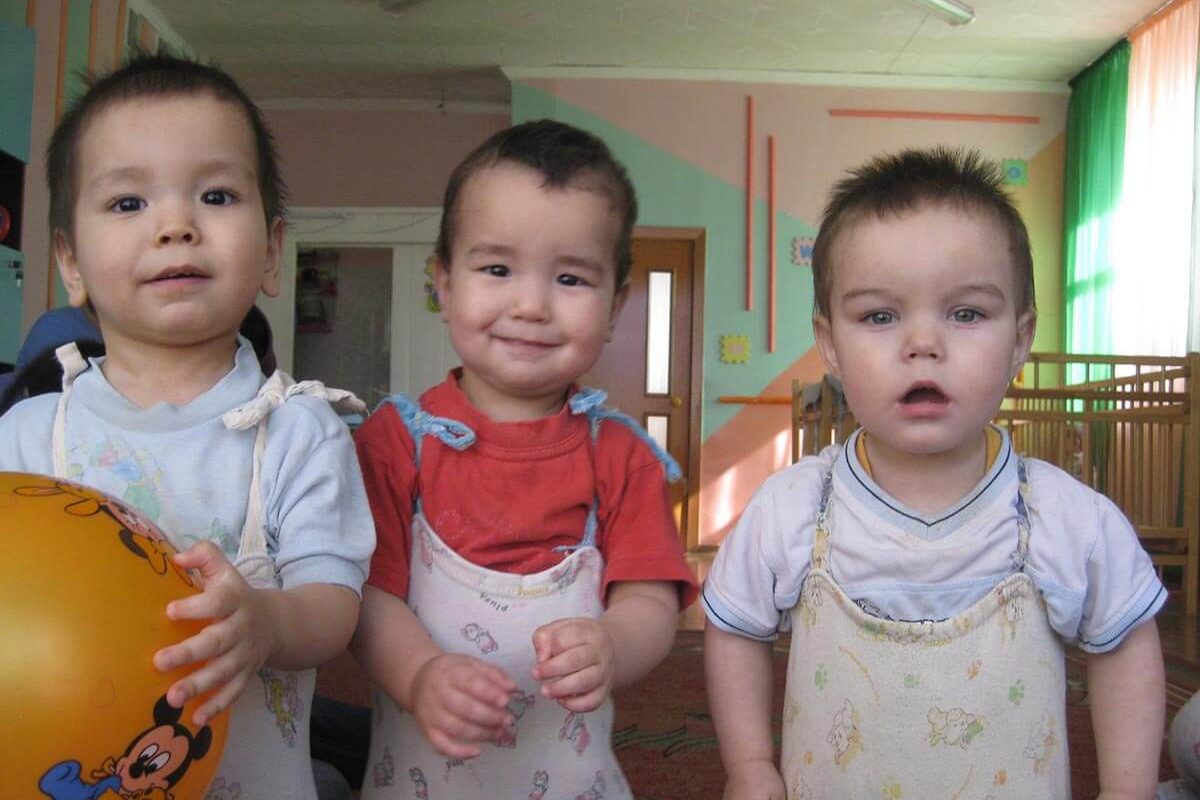SPOON serves two groups of children who face some of the highest rates of malnutrition: children with disabilities and children without family care (including children at risk of family separation, children living in alternative care, and children returning to family care).
Why does SPOON focus on these two groups?
Disability and family separation both put children at very high risk of malnutrition. Children with disabilities are three times more likely to be malnourished than other children and twice as likely to die from malnutrition during childhood. SPOON’s work has found consistently high rates of malnutrition (up to 91%) in children who live in residential care.
These issues are also connected. Research shows that children with disabilities are more likely to lose family care, that loss of family care can contribute to or exacerbate disabilities, and that nutrition support can help prevent family separation.
Children with disabilities and children without family care need the same nutrition support as all children, and they often require additional support to respond to their unique needs. However, the two groups we serve are often excluded from existing programs and services.
How many children could this affect?
A 2020 analysis found that at least 290 million children and adolescents had one or more of the disabilities included in the study (intellectual disability, epilepsy, and vision or hearing loss), with 275 million living in low-and middle-income countries. The authors note that the true number of children with disabilities worldwide is likely much larger, as there are many disabilities that their analysis did not capture. The 2020 Lancet Commission on Deinstitutionalization estimated that 5-6 million children globally are living in institutions, with many more living in other types of alternative care or at risk of family separation.
A common misconception is that SPOON works with a ‘niche’, or small, group of children. In fact, we estimate there are at least 250 million children with disabilities and children without family care who need additional nutrition support, based on research on the prevalence of malnutrition in these populations. If all 250 million of these children lived in the same country, it would have the 5th largest population in the world.
How is the need changing in recent years?
Recent crises, including the COVID-19 pandemic, increases in conflict, and climate change are increasing child malnutrition and causing more children to be separated from their families or to develop a disability. More than 10 million children have lost a parent or caregiver to COVID-19, and the economic and social impacts of the pandemic are increasing food insecurity around the world. Research from SPOON, Catholic Medical Mission Board, and St. Catherine University showed that nutrition support was a top priority for families of children with disabilities during the COVID-19 pandemic.
How can the need be addressed?
SPOON can’t meet this need alone. Everyone has a role to play in building an environment where vulnerable children enjoy the benefits of good nutrition. Including vulnerable children in progress towards better nutrition will mean that hundreds of millions of children experience one less barrier to enjoying the quality of life they deserve. To reach this goal, we all need to advocate for the policies, investments, and resources that will fulfill the rights of children with disabilities and children without family care. Read our advocacy brief to learn more about what you can do.


